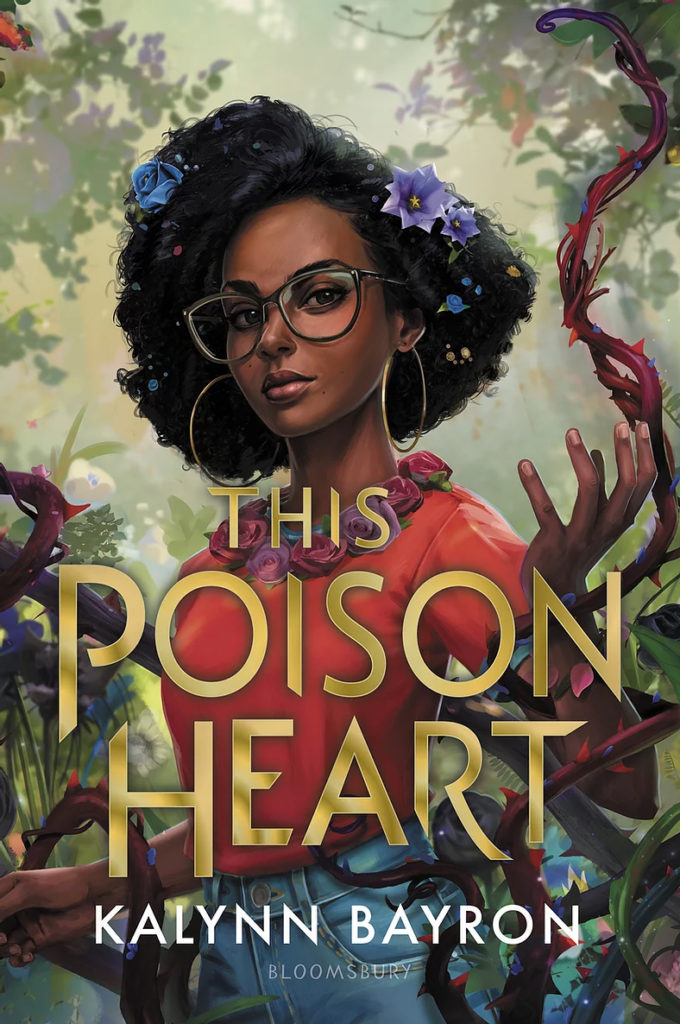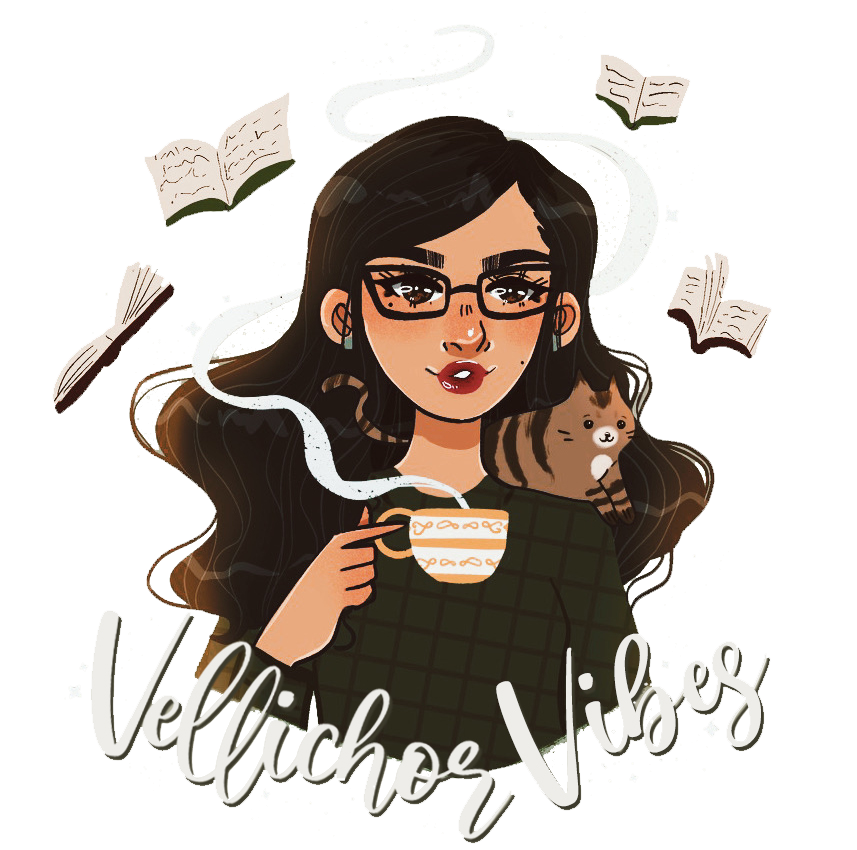This Poison Heart by Kalynn Bayron is a young adult urban fantasy featuring Briseis, a teenager with the peculiar ability to grow flowers simply by touching seeds or plants. When her aunt dies and leaves Bri a mysterious estate in rural New York, she and her moms move there for the summer, away from the bustling concrete jungle that is Brooklyn. Surrounded by verdant forests and bucolic scenery full of plants and flowers for the first time in her life, Bri hopes to use this opportunity to learn more about herself and gain better control of her gift.

Whenever you hear a story about villainous women, you should ask who’s telling the story.
Kalynn Bayron, This Poison Heart
The premise of this novel—a poison garden, ancient magic, and a gothic home packed with secrets—is absolutely delicious, but I felt like I was constantly waiting for the plot to take off. Bri discovers an apothecary fully stocked with mysterious plants and a poison garden (inspired by the actual Poison Garden at England’s Alnwick Garden) hidden within her new home, and beyond Bri realizing her specialty is in handling poisonous plants, the plot seems to stall for a while here. I kept wondering what she would do with her powers, other than creating elixirs and growing ingredients for eccentric townsfolk who abruptly barge into her home requesting remedies only she can provide. The novel is heavy on exposition, and the awkward pacing made the first half a struggle to get through.
The charming if odd host of friends, family, and new acquaintances Bri makes is one of the best parts of this novel. In Brooklyn, Bri’s friends aren’t very understanding or kind towards her, and Bayron effectively illustrates how lonely it can feel to have bad friends. It’s so satisfying to experience Bri cultivate some real friendships as her story unfolds. Bloom where you’re planted? More like bloom where you’re transplanted.
Bayron subverts familiar, maybe even predictable metaphors and symbols associated with gardening and nature. This is especially noticeable in Bri’s close relationship with her parents; she’s adopted, and Bayron is especially thoughtful outlining Bri’s concerns about possibly hurting her mothers’ feelings in wanting to explore her biological family’s lineage to learn more about herself. I love that Bri’s bond with her mothers is so strong that even though she worries about hurting their feelings, she never actually tries to hide her curiosity about her ancestry or her desire to learn more about her heritage. The openness in their relationship is refreshing, and it’s so comforting that that angst is never true cause for any grief in her life.
History belongs to all of us.
Kalynn Bayron, This poison Heart
Bayron’s use of Greek mythology as a foundation for the magic surrounding Bri’s powers and bloodline is one of the most unique elements of this story, but it takes too long before it‘s fully revealed to readers. Bri and her parents don’t even arrive at their summer residence until a quarter of the way through the book, and the process for Bri to stumble onto clues about her magic and heritage is too drawn out and convenient. I never quite understood why so many clues were hidden throughout the house if Bri’s biological family didn’t intend for her to discover those secrets. Perhaps they never anticipated she would be in the house, but then why were the clues there at all? There are so many questions and so few answers, though I should point out this novel’s the first in a series, so maybe this ambiguity is by design.
This Poison Heart puts a fresh new spin on the nature vs. nurture dialogue (quite literally where the plants are concerned!), and its strength is in the relationships Bri establishes, nurtures, and grows. While the mythology aspect is interesting, the info dumping was difficult to process, and the story at the end of this book left us with far more questions than answers. I can only hope the seedling that is this book will sprout into a series that is a bit more fully realized because I otherwise like the individual elements of this world.
Thank you to NetGalley and Bloomsbury for sharing an advanced reader copy of this book in exchange for an honest review.
